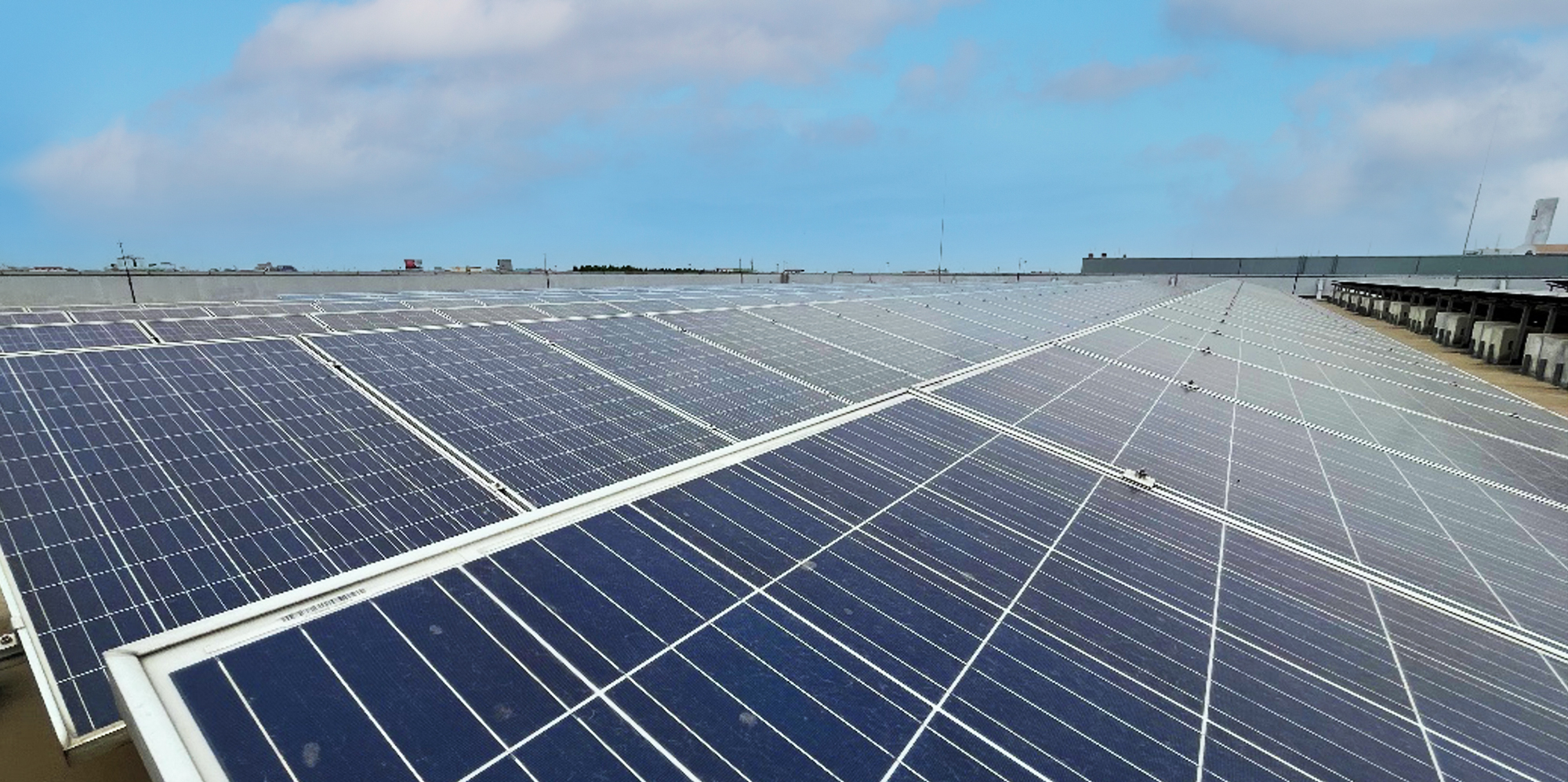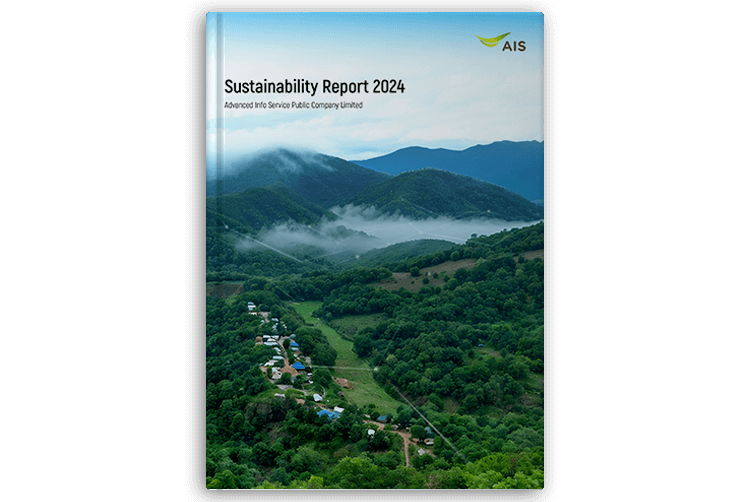AIS is aware of risks that may impact the company’s business such as: (1) a natural disaster can cause damage to the Company’s network infrastructure and equipment, (2) The cost of investing in equipment that is resilient to long-term changes in weather conditions, including the costs of maintenance and insurance as a result of increased weather volatility in the long-term, (3) changes in laws and regulations of the government sector, and (4) changing trends toward environmentally conscious consumer behavior. In response, AIS has developed a comprehensive greenhouse gas (GHG) emissions reduction plan that encompasses its entire business operations and supply chain. This plan includes a range of initiatives, such as the installation of solar panels, enhancements in energy efficiency, and the implementation of various programs to mitigate GHG emissions across the supply chain.
Performance
2024
Reduction of GHG
emissions intensity
emissions intensity
%

Renewable
Energy Projects
Energy Projects
%
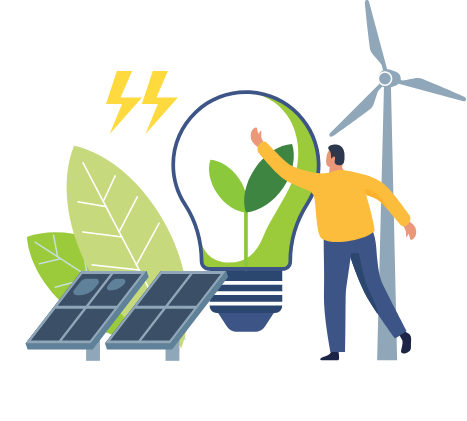
Target
2030
Reduce GHG emissions intensity as calculated from the ratio of direct (GHG scope 1) and indirect emissions (GHG scope 2) to data traffic, by 25% by 2030 compared to the 2024 baseline.
Note: Following the acquisition of TTTBB, AIS has reviewed and set new corporate GHG reduction targets. The company aims to reduce GHG emissions intensity—measured as the ratio of direct (GHG scope 1) and indirect emissions (GHG scope 2) to data traffic, by 25% by 2030 compared to the 2024 baseline.
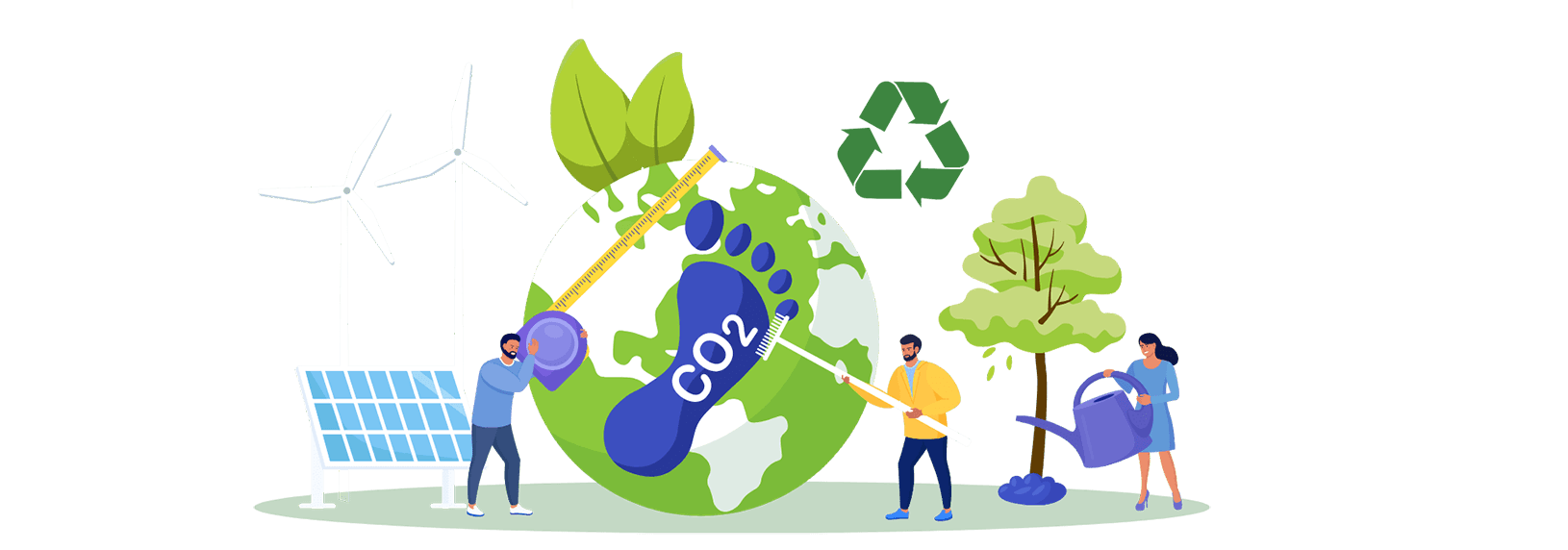
Management Approach
AIS has established environmental policies to serve as guidelines for operations throughout the business value chain, with the following objectives:

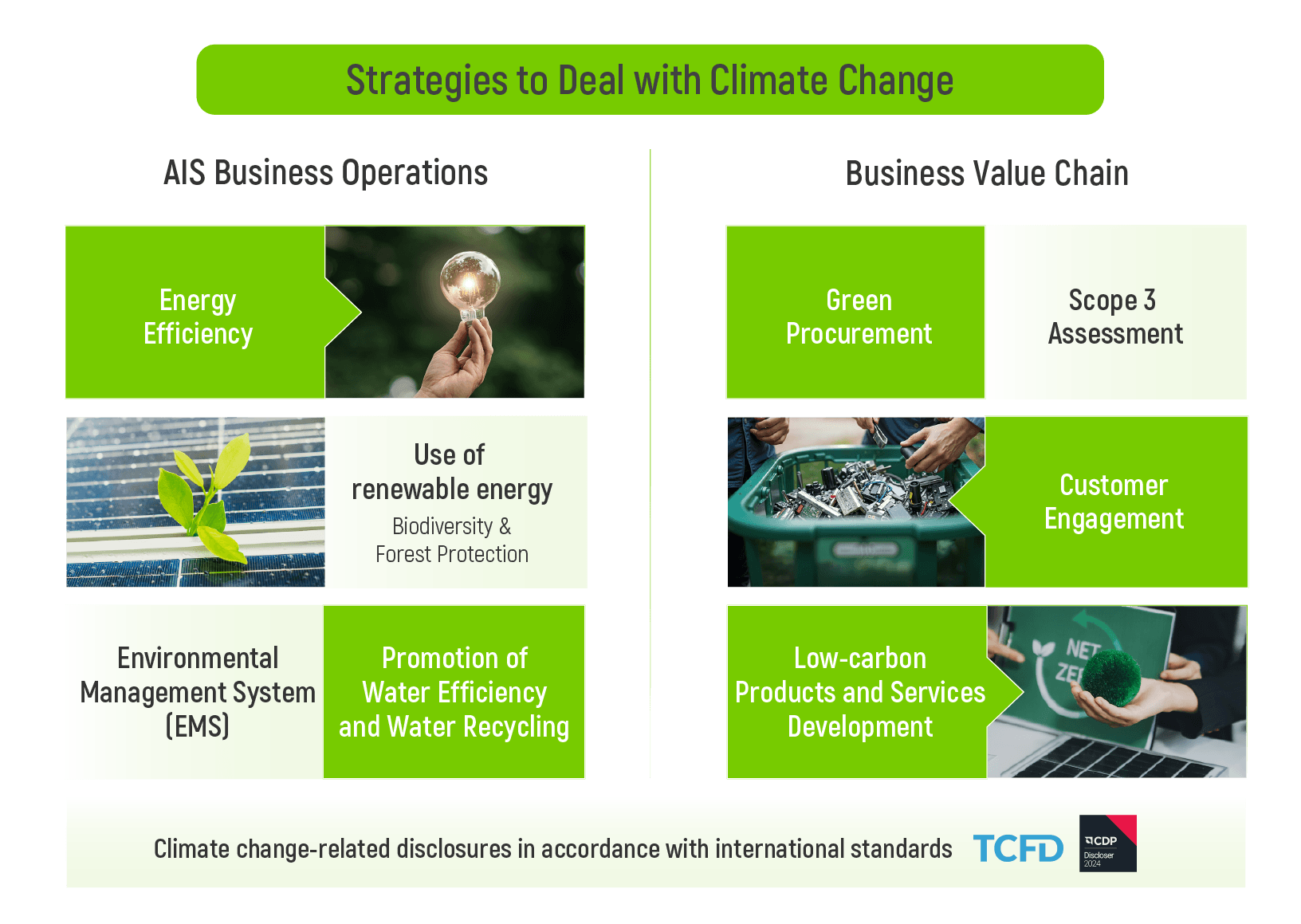
Promoting Energy Efficiency
AIS has adopted AI in processing and analyzing network utilization to manage signal and energy use according to customers’ usage to deliver solid quality and energy efficiency, effectively mitigating greenhouse gas emissions.
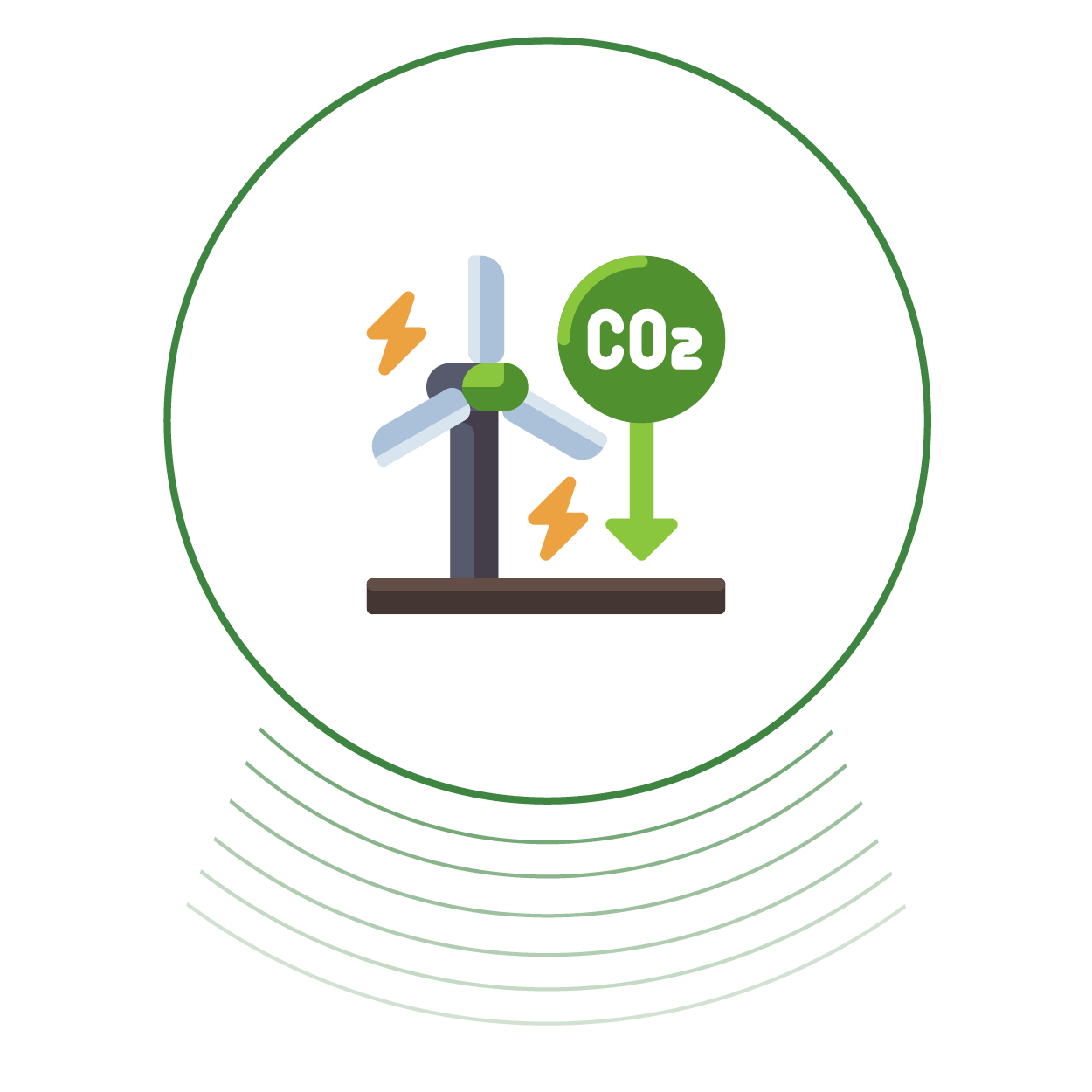
Reducing GHG emission by
tCO2e
Increase in the use of electricity from renewable sources
In 2024, AIS undertook initiatives to increase the proportion of renewable energy by installing additional solar panels at base stations and switching centers, with a total investment of 575 million baht in solar energy projects, aligning with the objectives of Thailand’s Environmental Taxonomy for Economic Activities. This initiative reflects AIS’s commitment to integrating sustainability principles into its business operations, contributing to the company’s long-term transition toward a more sustainable future.
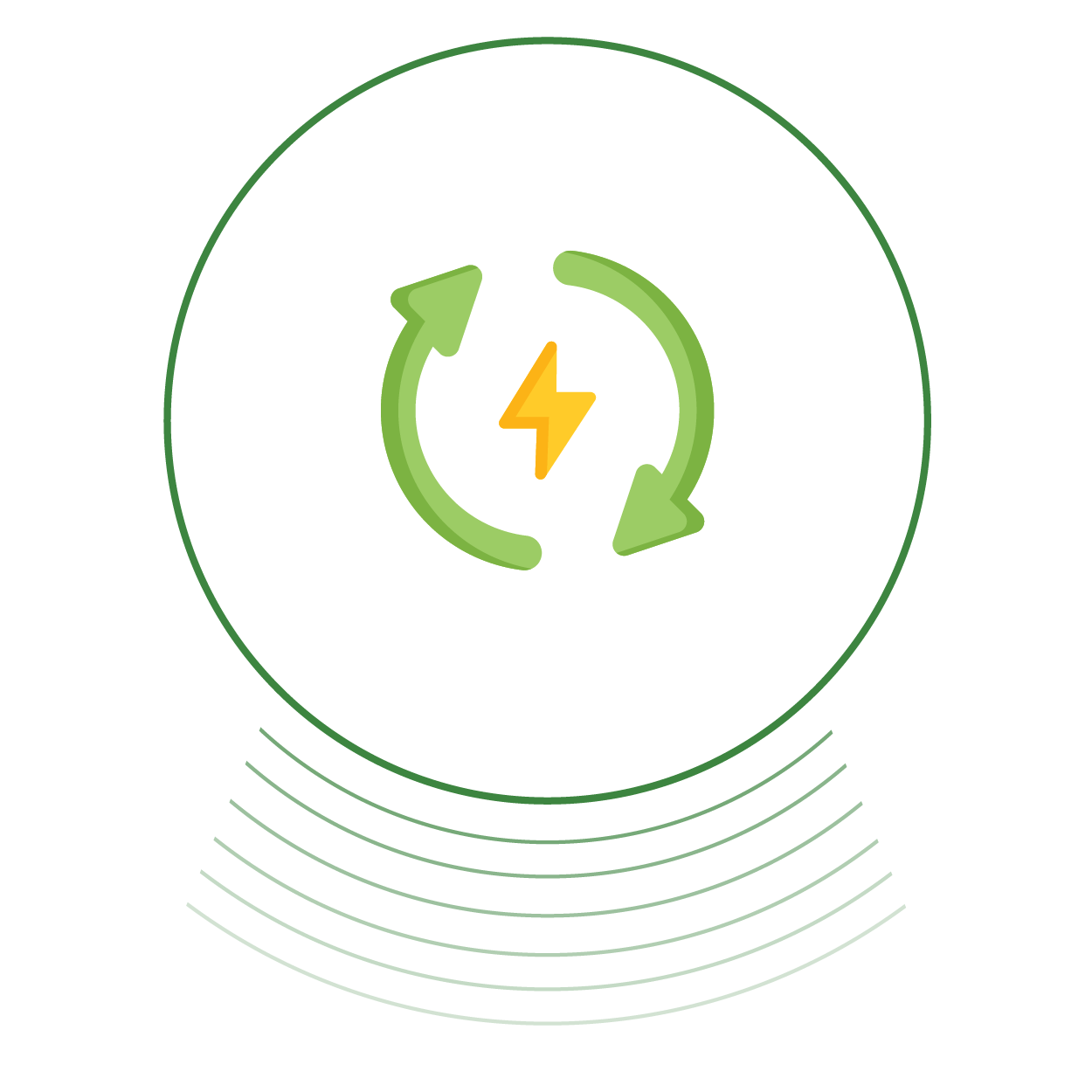
Total renewable sources
locations
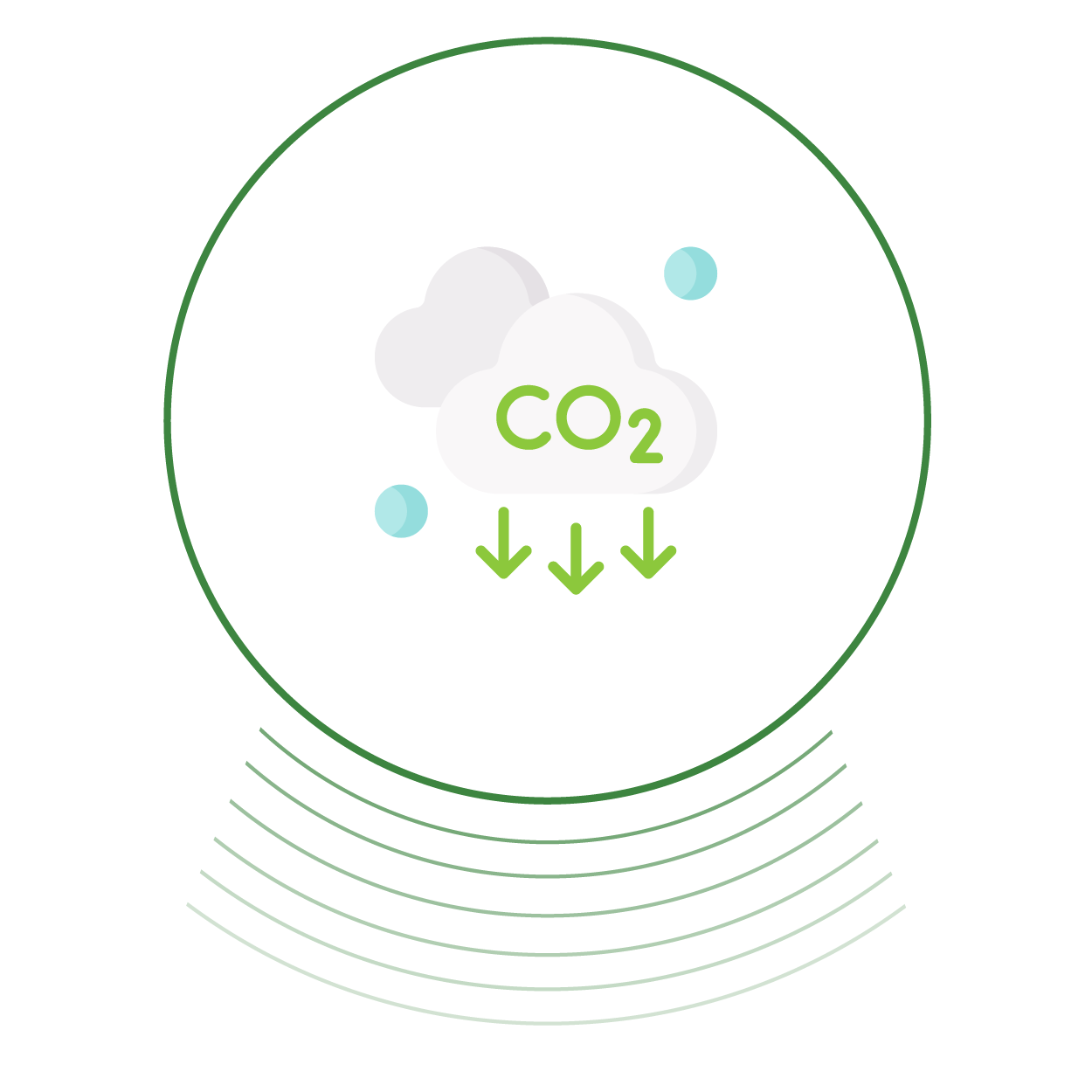
Reducing GHG emissions by
tCO2e
Environmental Management System Development and training for employees
AIS has obtained ISO 14001:2015 certification for two of its data centers, following independent third-party audits. In addition, the company conducts annual internal audits of its other data centers, led by certified Internal Auditors trained in ISO 14001 standards. Moreover, AIS provides learning courses for employees in related departments to enhance their understanding and expertise in applying environmental standards from ISO 14001:2015 and energy management standards from ISO 50001 on their jobs. See more detail in Environmental Management System certification under the Related Documents.
Water Efficiency
The majority of AIS’s water usage arises from the operation of data centers, where water is used as a medium for heat dissipation in the cooling system. Therefore, the Company recognizes the importance of water management and has adopted chemical treatment technology to improve water quality, making it suitable for the cooling system. This approach ensures the efficient use of water. The use of water as a cooling medium has also resulted in a nearly 50% reduction in electricity consumption compared to conventional air conditioning systems, maintaining the stability of data center operations. Additionally, the Company operates with a consistent focus on community and environmental responsibility. AIS sources water from local water suppliers and strictly monitors the quality of wastewater to ensure compliance with legal regulations before discharging it into external water sources.
Biodiversity and Forest Protection
AIS is committed to conserving and protecting biodiversity and ecosystems in its business operations. To achieve this, the company has implemented integrated management and adopted internationally accepted metrics to assess its operations. The goals are to achieve No Net Loss of Biodiversity and No Net Deforestation by 2027. For further information, please see our Biodiversity and No-Deforestation Commitment under Related Document session.
Customer involvement in reducing greenhouse gas emissions
AIS has introduced the Full-E program via myAIS app to facilitate digital transactions, allowing customers to conveniently manage multiple services by themselves without having to travel to a service center or AIS Shop. In 2024, AIS continued developed myAIS app to improve usability, better address users’ application needs in multiple dimensions e.g., reassigning shortcuts to match the frequently asked questions (FAQs), providing user summary cards on the main page, and issuing important transactions like balance due and due date. These enhancements resulted in a 5.7% increase in the number of transactions carried out via myAIS app from the previous year. Additionally, the digital services of providing e-Bill and e-Receipt could result in a total of 289 million transactions. This shift contributed to a reduction in GHG emissions by 20,143 tCO2 e from reduced paper use and transportation.
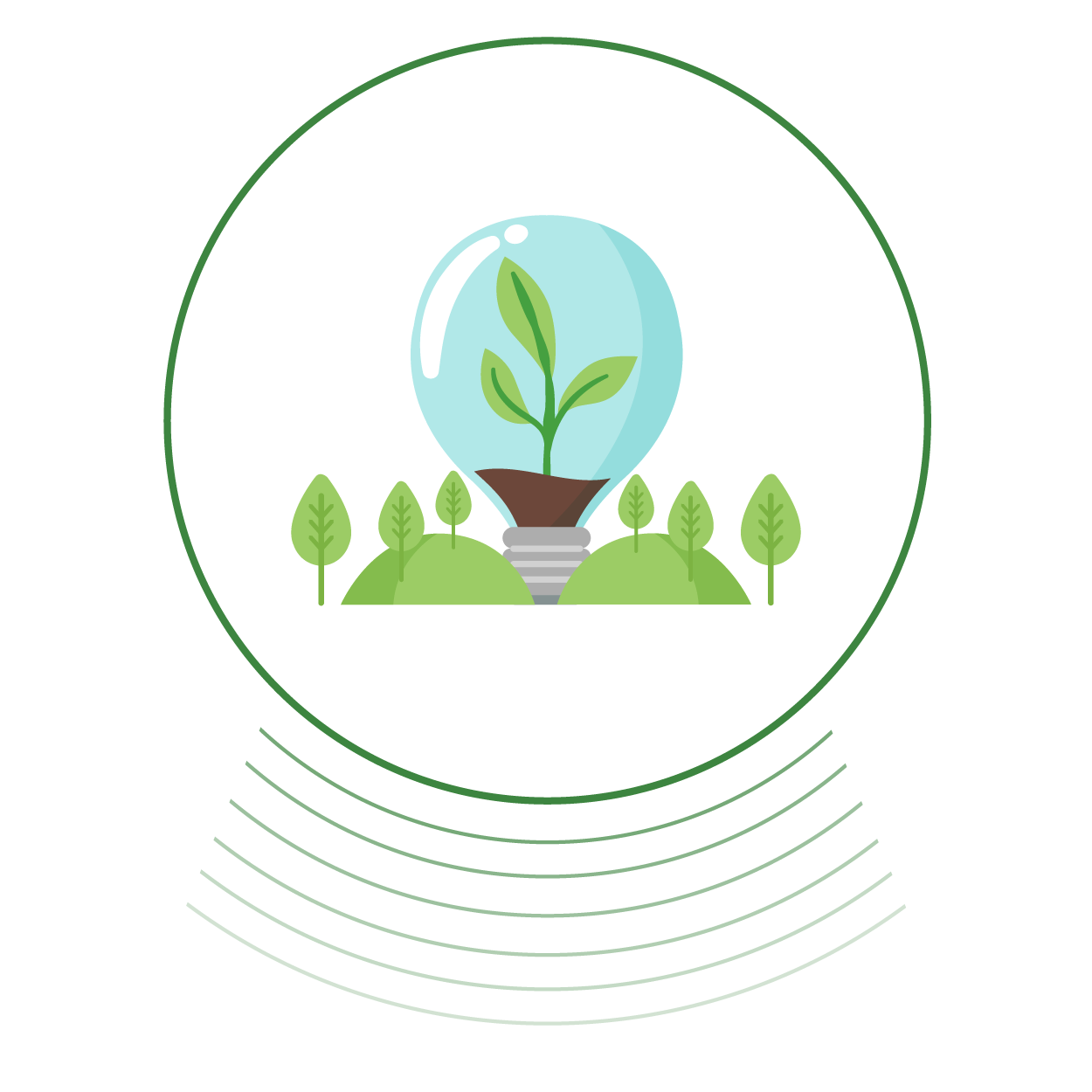
Reduced greenhouse gas emissions by
tons CO2e
Performance Table
| Topic | Unit | 2021 | 2022 | 2023 | 2024 | Target 2024 |
|---|---|---|---|---|---|---|
| GHG Emission | ||||||
| Total GHG emissions (Scope 1 and 2) | tCO2e | 645,321 | 675,497 | 704,264 | 798,881 | 780,000 |
|
Direct GHG emissions (Scope 1)
|
tCO2e | 8,931 | 7,411 | 9,351 | 30,349 | |
|
Indirect GHG emissions (Scope 2)
|
tCO2e | 636,390 | 668,086 | 694,913 | 768,532 | |
|
Indirect GHG emissions (Scope 3)
|
tCO2e | 132,614 | 456,538 | 414,205 | 729,107 | |
| GHG Intensity | tCO2e per Terabytes | 0.037 | 0.032 | 0.026 | 0.018 | |
| Energy | ||||||
| Total Energy Consumption | MWh | 1,318,495 | 1,394,989 | 1,456,351 | 1,694,283 | |
| Terajoule | 4,747 | 5,022 | 5,243 | 6,099 | ||
| Total non-renewable energy consumption | MWh | 1,302,213 | 1,370,796 | 1,423,592 | 1,642,366 | |
| Terajoule | 4,688 | 4,935 | 5,125 | 5,913 | ||
|
Direct energy consumption: Fuel and other
|
MWh | 29,178 | 34,356 | 33,488 | 104,994 | |
| Terajoule | 105 | 124 | 121 | 378 | ||
|
Indirect energy consumption: Electricity
|
MWh | 1,273,035 | 1,336,440 | 1,390,104 | 1,537,372 | |
| Terajoule | 4,583 | 4,811 | 5,004 | 5,535 | ||
| Energy from renewable sources | MWh | 16,282 | 24,193 | 32,759 | 51,917 | 50,000 |
| Terajoule | 59 | 87 | 118 | 187 | ||
| % Energy from renewable sources | % To total energy consumption | 1.23 | 1.73 | 2.25 | 3.06 | |
| Power Usage Effectiveness (PUE) at Data Centers | Unit | 1.51 | 1.505 | 1.502 | 1.58 | 1.50 |
| Total energy consumption in data centers | MWh | 77,261 | 83,851 | 89,629 | 117,214 | |
| % Energy from renewable sources in data centers | % Total electricity consumption in data centers | 1.57 | 1.74 | 1.69 | 1.30 | |
| Energy cost | Million baht | 5,138 | 5,798 | 6,877 | 7,628 | |
| Total Water Use | ||||||
| Water Withdrawal | Cubic Meters | 179,306 | 198,751 | 199,734 | 283,156 | 273,000 |
|
Municipal Water
|
Cubic Meters | 175,958 | 194,762 | 194,870 | 275,926 | |
|
Water Stress Area
|
Cubic Meters | - | - | - | - | |
|
Ground Water
|
Cubic Meters | 3,348 | 3,989 | 4,864 | 7,230 | |
|
Water Stress Area
|
Cubic Meters | 3,348 | 3,989 | 4,864 | 7,230 | |
| Water Discharge | Cubic Meters | - | 101,322 | 68,871 | 114,064 | |
| Total Water Consumption | Cubic Meters | - | 97,429 | 130,863 | 169,092 | |
